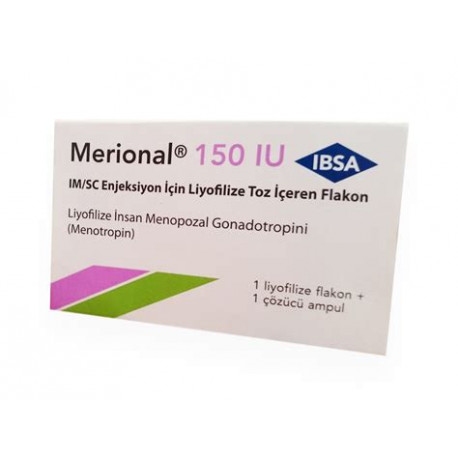
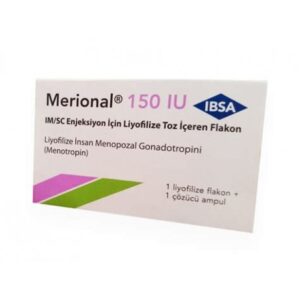
Buy MERIONAL 150IU (HUMAN MENOPAUSAL GONADOTROPIN) Online
0 out of 5
$35.23
CHARACTERISTICS
ACTIVE SUBSTANCE HUMAN MENOPAUSAL GONADOTROPIN
FORM 1 AMP X 150 IU
MANUFACTURER IBSA
SKU: 368393
Category: POST CYCLE THERAPY
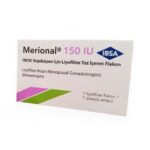
Buy MERIONAL 150IU (HUMAN MENOPAUSAL GONADOTROPIN) Online
$35.23
In stock
- Description
- Reviews (0)
Description
Description:
- Active Substance:
- Merional contains the active substance human menopausal gonadotropin (hMG). Human menopausal gonadotropin is a purified preparation extracted from the urine of postmenopausal women. It contains a mixture of follicle-stimulating hormone (FSH) and luteinizing hormone (LH).
- Medical Uses:
- Assisted Reproductive Technology (ART): Merional is primarily used in the treatment of infertility, particularly in women undergoing assisted reproductive technology procedures such as in vitro fertilization (IVF) or intracytoplasmic sperm injection (ICSI).
- Ovulation Induction: Merional may also be used to stimulate ovulation in women with ovulatory disorders, such as polycystic ovary syndrome (PCOS).
- Mode of Action:
- Human menopausal gonadotropin works by stimulating the development and maturation of ovarian follicles, which contain the eggs (oocytes). FSH stimulates the growth and development of follicles, while LH triggers ovulation and the release of mature eggs from the ovaries.
- Dosage and Administration:
- The dosage of Merional is determined by a healthcare professional based on factors such as the patient’s age, weight, ovarian reserve, and response to previous treatments.
- Merional is administered by subcutaneous or intramuscular injection. The injection site and technique may vary, but common sites include the abdomen or thigh.
- The timing and duration of treatment with Merional depend on the specific treatment protocol being followed, as well as the patient’s individual needs and response to treatment.
- Side Effects:
- Common side effects of Merional may include:
- Ovarian hyperstimulation syndrome (OHSS), characterized by abdominal pain, bloating, nausea, and weight gain
- Injection site reactions, such as pain, redness, or swelling
- Headache, dizziness, or fatigue
- Breast tenderness or enlargement
- Serious side effects, such as multiple pregnancies (e.g., twins or triplets), ovarian torsion, or allergic reactions, are rare but possible.
- Common side effects of Merional may include:
- Precautions:
- Before using Merional, individuals should inform their healthcare provider about any existing medical conditions, especially ovarian cysts, endocrine disorders, or hormone-sensitive conditions.
- Merional should not be used in women who are pregnant or breastfeeding, as it may cause harm to the fetus or nursing infant.
- Close monitoring of ovarian response, hormone levels, and ultrasound assessments is essential during treatment with Merional to minimize the risk of complications and optimize treatment outcomes.
- Prescription Required:
- Yes, Merional is a prescription medication, and its use should be guided by a healthcare professional’s prescription.
- Note:
- Merional is a potent medication used in fertility treatments, and its use should be carefully monitored by a reproductive endocrinologist or fertility specialist.
- Patients undergoing treatment with Merional should receive counseling regarding the risks, benefits, and expectations associated with fertility treatments, as well as the potential emotional and financial implications.
It’s essential for individuals undergoing fertility treatments with Merional to work closely with their healthcare provider, adhere to treatment protocols, and receive comprehensive support throughout the treatment process. Regular monitoring and communication with the healthcare team are key to achieving successful outcomes and minimizing risks.
Be the first to review “Buy MERIONAL 150IU (HUMAN MENOPAUSAL GONADOTROPIN) Online” Cancel reply
Related Products
POST CYCLE THERAPY
Buy DOSTINEX 0.5mg (CABERGOLINE) Online
0 out of 5
$33.31
Total Sales: 0
SKU: 473584
POST CYCLE THERAPY
Buy NOLVADEX 20mg (TAMOXIFEN CITRATE) - ASTRAZENECA Online
0 out of 5
$35.23
Total Sales: 0
SKU: 181157



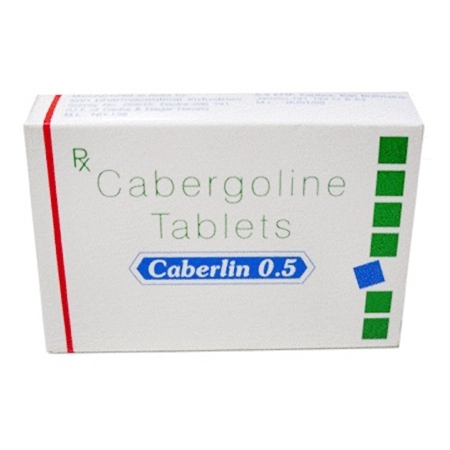

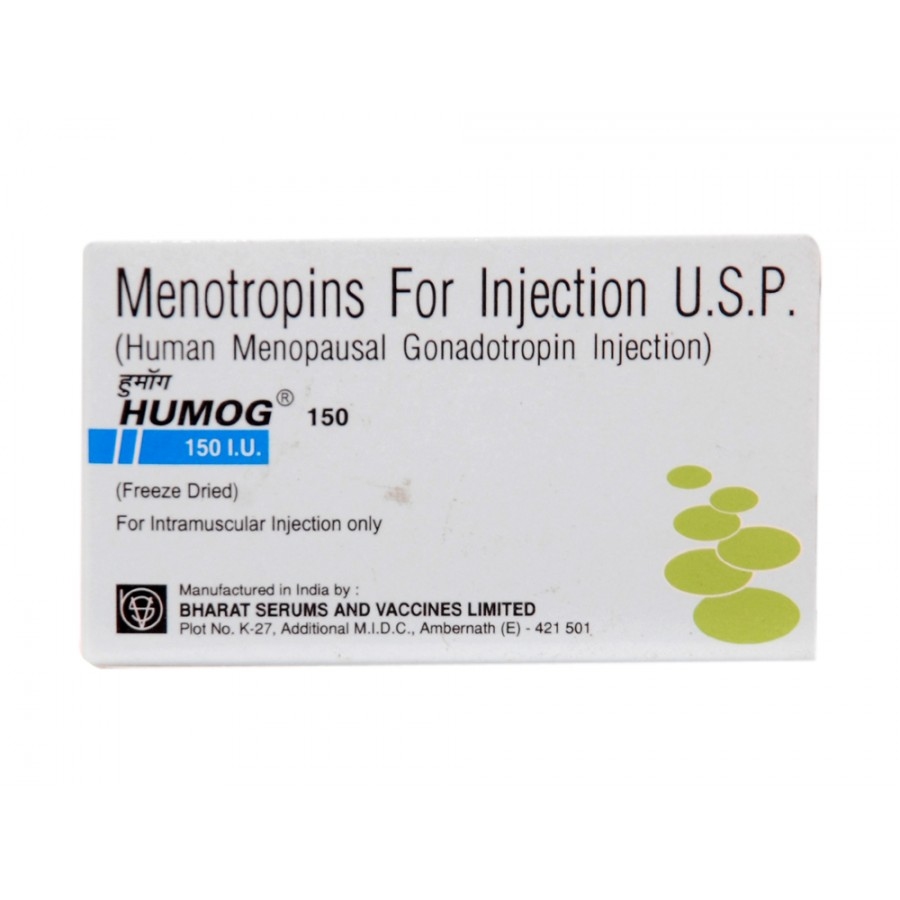
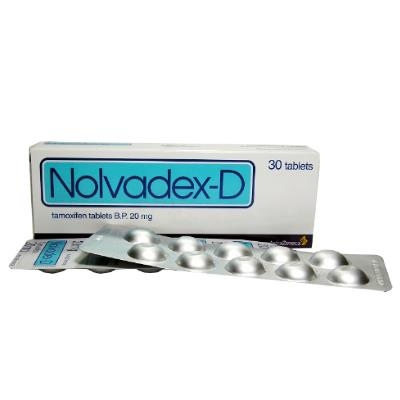
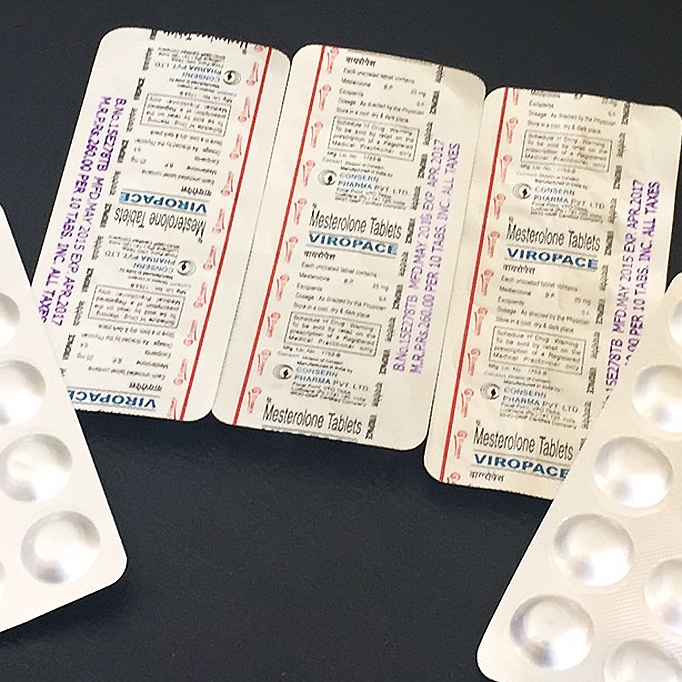
Reviews
There are no reviews yet.